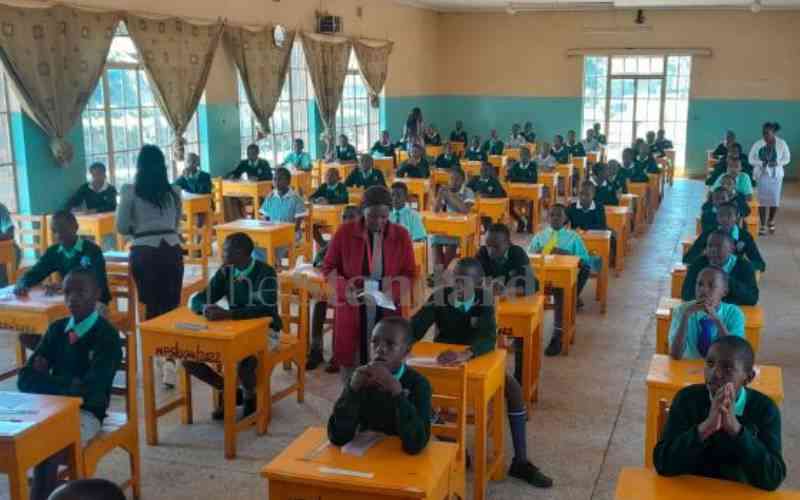×
The Standard e-Paper
Stay Informed, Even Offline

After nearly four decades, the curtains will finally fall on the Kenya Certificate of Primary Education (KCPE) examination.
Starting Monday, some 1,415,315 students will write the national examinations, marking an end to the cutthroat competition for stellar grades that has characterised the country's education system since 1985 when the first batch of candidates were examined.